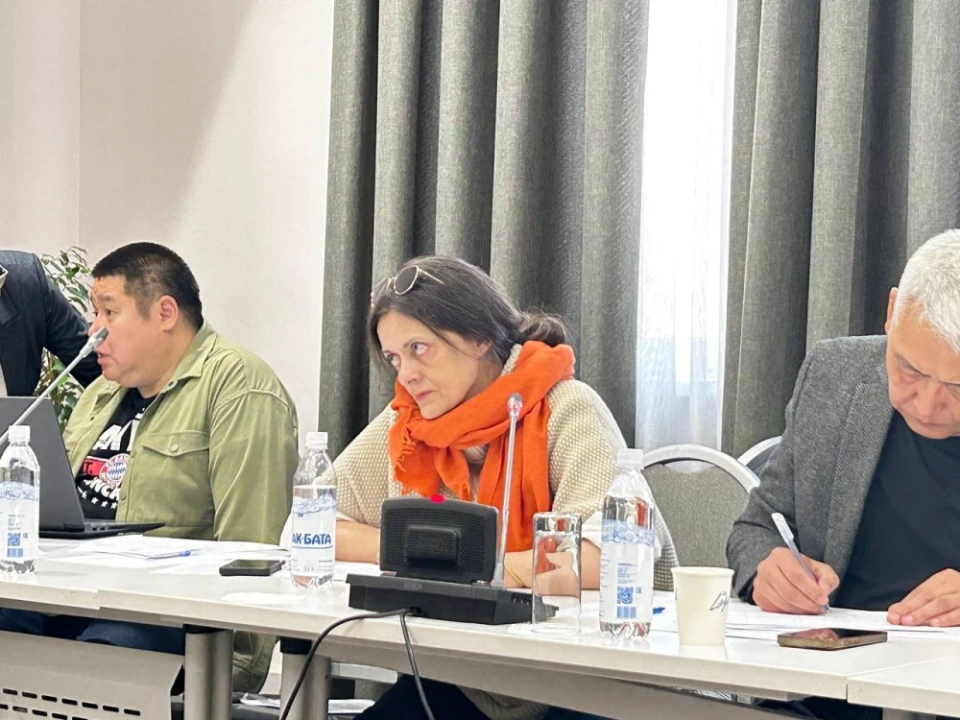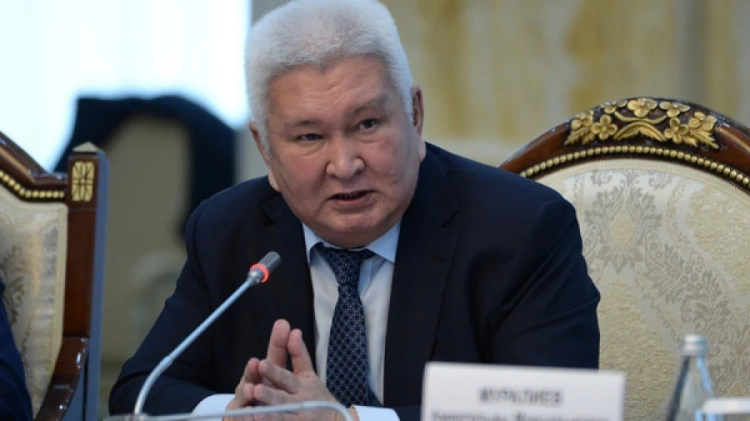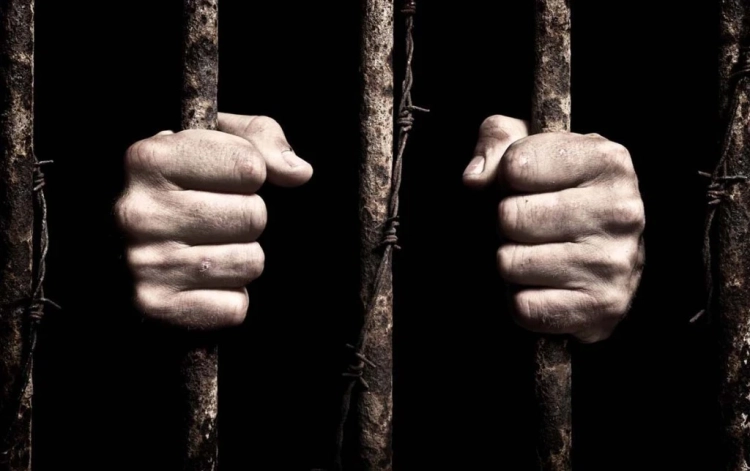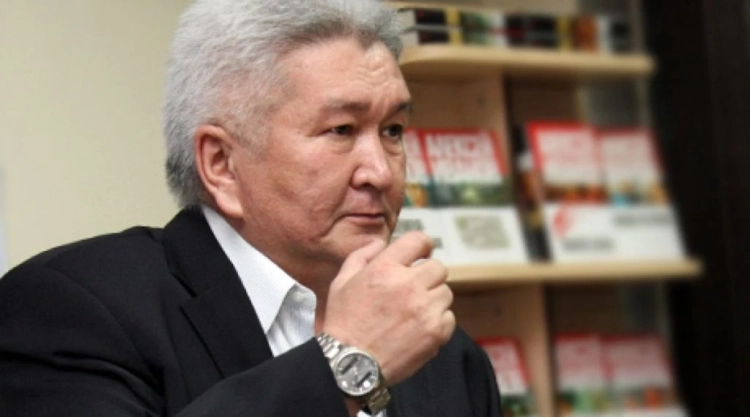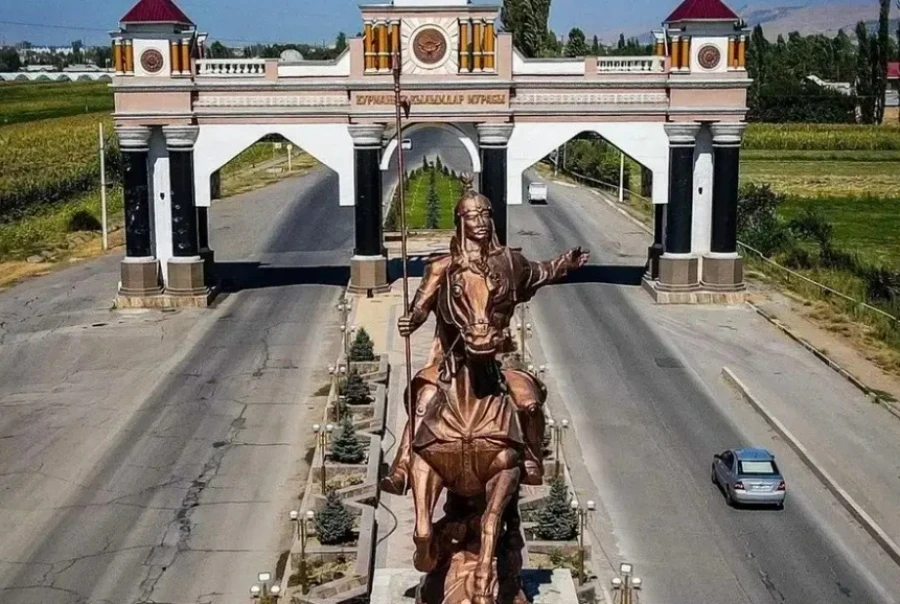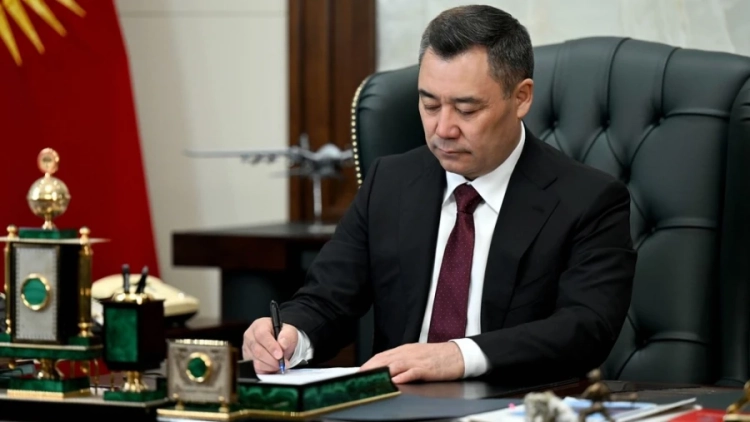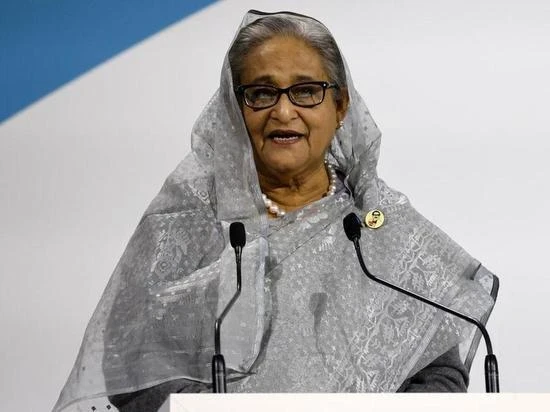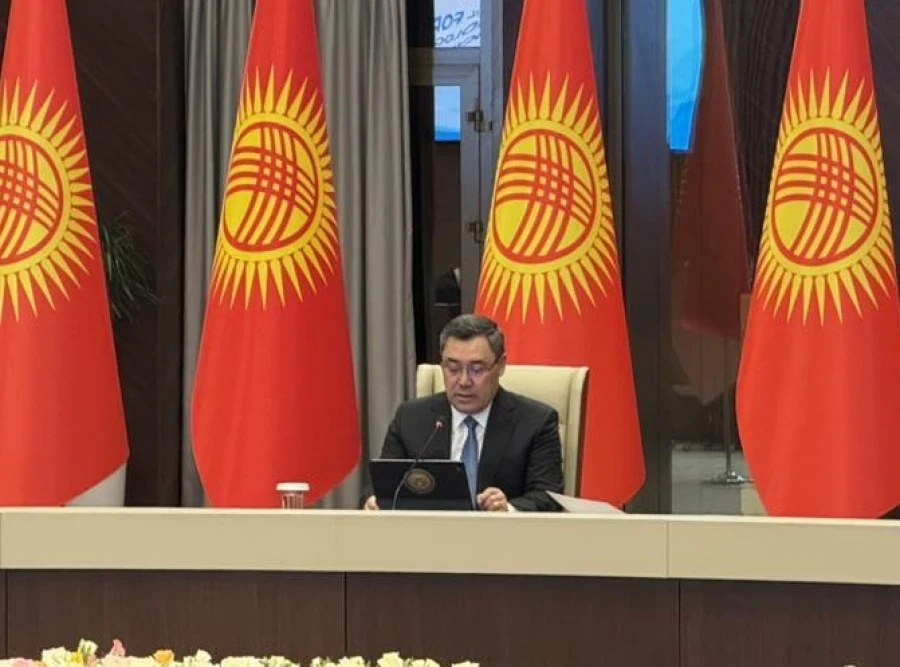The initiative to reinstate the death penalty arose after a high-profile crime occurred on September 27, 2025, when a suspect kidnapped and killed a schoolgirl. In response, President Sadyr Japarov instructed to prepare amendments to the Criminal Code, proposing the introduction of the death penalty for the rape of children and the murder of women.
The moderator of the discussion, Azamat Tynay tegin, expressed the opinion that the modern world faces informational threats and post-truth, which must be taken into account for an objective assessment of the situation.
He also noted: "We should consider whether the abolition of the death penalty is a manifestation of pseudo-humanity and whether the current government will adhere to its previous commitments. It is important to remember that criminological science in our country is poorly developed, and it is unclear what statistics are relied upon when assessing crimes."
Kyrgyzstan must adapt international experience to its conditions.
Opinion of International Partners
Gladys Temirchieva, chair of the Media Action Platform of Kyrgyzstan, expressed the importance of the media's role in informing and ensuring transparency in government decisions.She emphasized: "We strive to create a platform for various viewpoints and hope to develop constructive proposals that will help form a responsible public opinion, where the value of life and human rights are prioritized. It is important that decisions regarding the return of the death penalty are made consciously, based on facts and with respect for human rights."
The court system in Kyrgyzstan requires serious changes. We must say "no" to the return of the death penalty and work on improving justice.Experienced expert Tahmina Ashiraliyeva expressed concerns that the return of the death penalty would lead to the abolition of juries, which could consider the most serious cases.
We do not have sufficiently developed forensic medicine and jurisprudence. The draft law contains many procedural violations.Another media expert, Tamara Valieva, quoted the words of the UN High Commissioner for Human Rights that "the return of the death penalty will lead to state executions."
If a referendum allows the return of the death penalty, then all who vote for it will become accomplices to murder.She added that the justice system is currently selectively humane towards criminals and that it is necessary to correct one's own mistakes rather than revert to harsh measures.
Doctor of Law Leila Sydykova warned that the return of the death penalty would become irreversible. "Such a question should not be put to a referendum. If the draft law is adopted, this measure could be applied to corrupt officials and bribe-takers, which would again lower the state's reputation," she noted.
Why is rape considered a more serious crime than murder? This question requires an answer, and it may amplify calls for the introduction of the death penalty.Sydykova also expressed doubt about the correctness of the Constitutional Court's conclusion on this issue and its approach to assessing the fairness of the death penalty.
She concluded: "The current composition of parliament will make these decisions, but many may be afraid to express their opinion, which indicates the weakness of the government and distrust in the justice system."
As a result of the roundtable, recommendations were developed: to abandon the return of the death penalty, to focus on prevention and reform of the judicial system, and to obtain an opinion from the Venice Commission. Among the proposals, participants noted:
- the introduction of life imprisonment without the possibility of parole for crimes related to rape and murder;
- the acceleration of DNA testing and special investigations;
- the expansion of protective measures for victims;
- the creation of a registry of sexual offenders;
- increased electronic monitoring;
- the strengthening of preventive measures through targeted programs.
A representative of the Ombudsman Institute stated: "At the moment, the akyikatchy is preparing a conclusion on the proposal and the draft law, which will be sent for public hearings."

